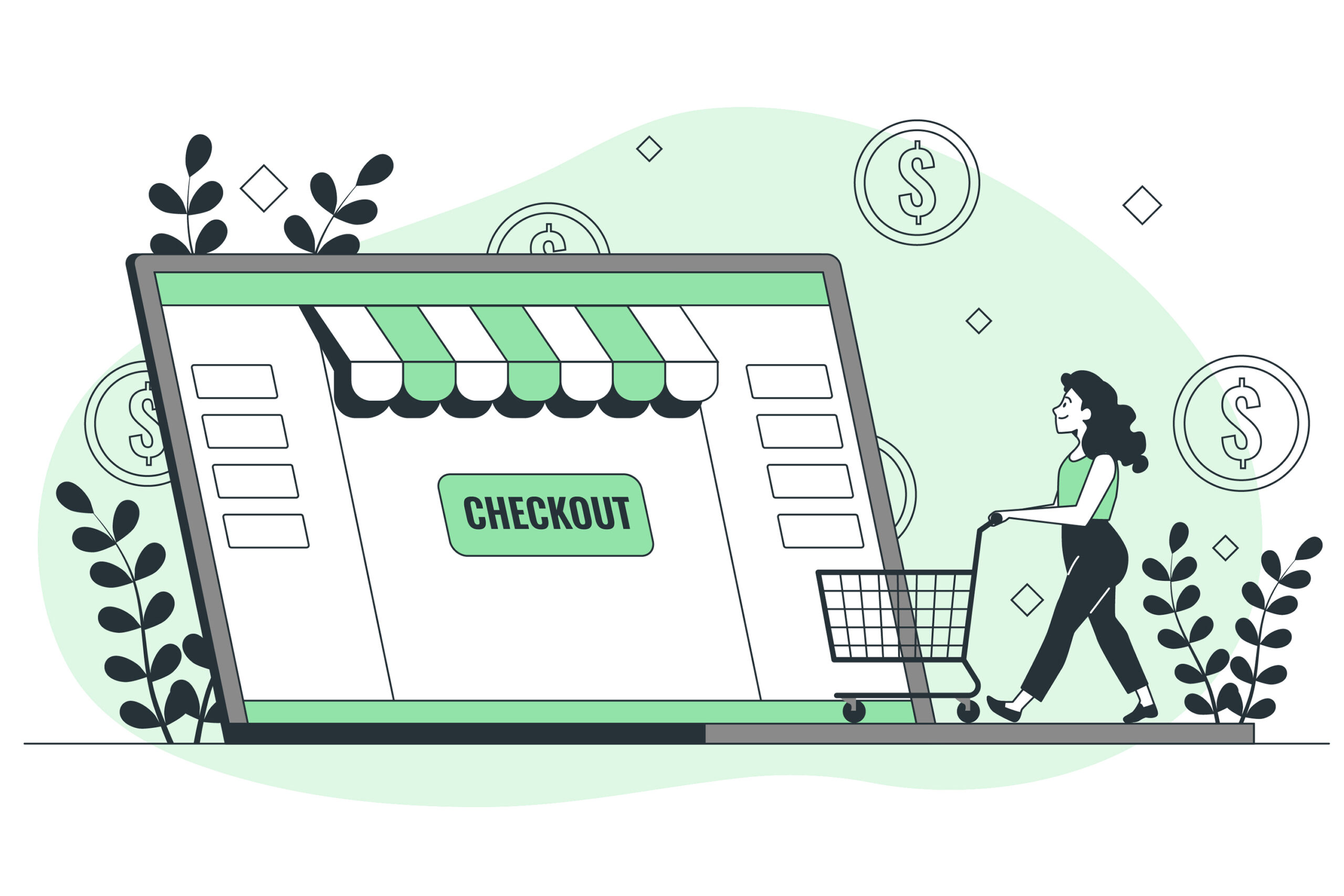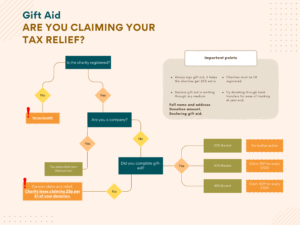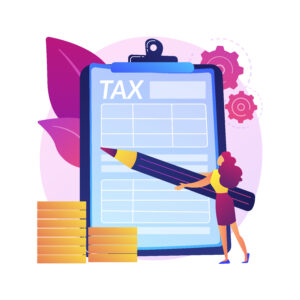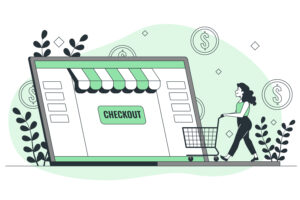First report to HMRC is due on 31st Jan 2025
With the rise of online marketplaces like eBay, Vinted, and Facebook Marketplace, many individuals are turning to these platforms to sell personal items. However, it’s important to understand the tax implications and reporting requirements set by HMRC to ensure compliance and avoid any surprises. Here’s a comprehensive guide to help you navigate these rules.
Reporting Thresholds for Online Sales
As of 2025, HMRC has introduced new rules for individuals and businesses selling goods or services on digital platforms. If you sell more than 30 items or earn over £1,700 in a calendar year, the platform operator is required to report your details and income to HMRC. This ensures transparency and proper tax compliance for online sellers.
Information Collection: Digital platforms will collect and verify certain details about you, including your full name, address, date of birth, and tax identification number (such as your National Insurance number for individuals or company registration number for businesses). This information is crucial for HMRC to track and ensure compliance with tax regulations.
Annual Reporting: The collected information will be reported to HMRC by the end of January following the year of sales. For instance, sales data from 2024 will be reported by 31 January 2025. This annual reporting helps HMRC maintain accurate records of online trading activities.
Capital Gains Tax on Personal Possessions
In addition to the reporting thresholds, it’s important to understand the rules around Capital Gains Tax (CGT) for personal possessions. If you sell a personal possession for £6,000 or more, you may need to pay CGT on the profit (gain) from the sale. This applies to items like jewelry, paintings, antiques, and other valuable possessions. However, certain items, such as your car, are usually exempt from CGT unless used for business purposes.
Selling High-Value Items: If you sell a high-value item like a car for £20,000, this single transaction will exceed the £1,700 threshold. In such cases, the platform will report your details to HMRC. However, since cars are generally exempt from CGT, you won’t need to pay CGT on this sale. For other high-value items, you may need to consider both the reporting requirements and potential CGT implications.
Example of One-Off Sales
Let’s say you decide to sell a valuable painting for £7,000 on an online marketplace. This sale will exceed both the £1,700 reporting threshold and the £6,000 CGT threshold. The platform will report your details to HMRC, and you may need to pay CGT on the profit from the sale. However, if you sell a car for £20,000, while it exceeds the reporting threshold, it is generally exempt from CGT.
Using the £6,000 Tax-Free Allowance
If you sell personal items and your total sales exceed £1,700 in a calendar year, the online marketplace will report your details to HMRC. However, if the items sold are personal possessions and the total proceeds are less than £6,000, you generally won’t need to pay CGT or complete a Self Assessment tax return for those sales. This £6,000 tax-free allowance is crucial for ensuring you meet your tax obligations without unnecessary complications.
Staying Compliant: To stay compliant with these new rules, it’s important to:
- Keep detailed records of all your sales and expenses.
- Be aware of the reporting thresholds and ensure you provide accurate information to the digital platforms.
- Consult with a tax adviser if you have any doubts or need assistance with your tax obligations.
By understanding and adhering to these new reporting thresholds and CGT rules, you can ensure a smooth and compliant experience when selling goods or services online. Whether you’re a casual seller or running a small business, staying informed about these changes is crucial for avoiding any potential issues with HMRC.
Read our article about the new rules for digital platform









